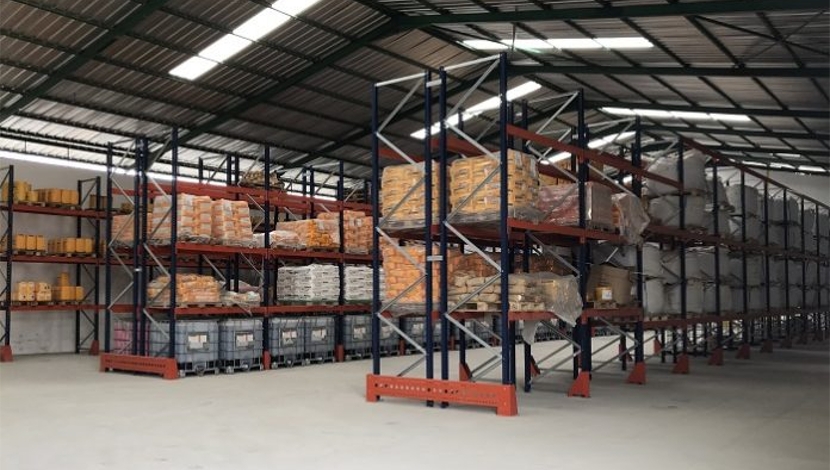
The emerging social order will see Africa build its megacities; however, South Africa’s economic powerhouse, Johannesburg, would likely fall by the wayside as other cities on the continent take the stage as “cities of opportunity”.
Africa was poised to unlock 12 megacities and 100 new cities housing in excess of one million people by 2025, PwC Southern Africa director Jonathan Cawood said on Tuesday.
Speaking at a Nedbank Nepad Business Foundation Forum, in Sandton, he said increasingly widespread demographic and social changes, shifts in global economic power, rapid urbanisation, climate change and resource scarcity and technological breakthroughs were the main drivers of transformation for the cities across the continent.
PwC’s latest report, ‘Into Africa: The continent’s cities of opportunity’, outlined the driving factors for the performance of Johannesburg and 19 other major African cities at a regional and international level and their relevance and competitiveness on a global stage.
While Johannesburg ranked in the top ten of the current cities of opportunity, it fell short of the top ten cities of opportunity in the future.
The number one city of opportunity overall was Cairo, in Egypt, followed by Tunis, in Tunisia. Johannesburg ranked third, with Algiers, in Algeria, and Casablanca, in Morocco, closely on its heels. Accra, in Ghana; Nairobi, in Kenya; Nigeria’s Lagos; Ethiopia’s Addis Ababa; and Kampala, in Uganda were also listed in the top ten.
“Looking at the future, [Johannesburg] drops right down the ranks,” Cawood commented. Overall, the slow rate of real GDP growth, the slow rate of population growth and the slow rate of middle-class growth held the city back, leaving it twelfth in the opportunities index.
Accra, Lagos, Nairobi, Cairo, Addis Ababa and Kampala rank in the top ten of both overall and opportunities index.





